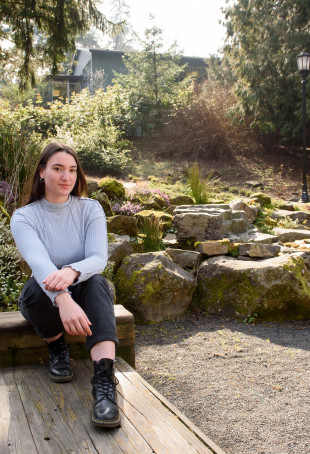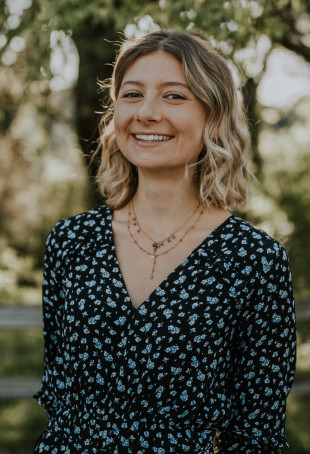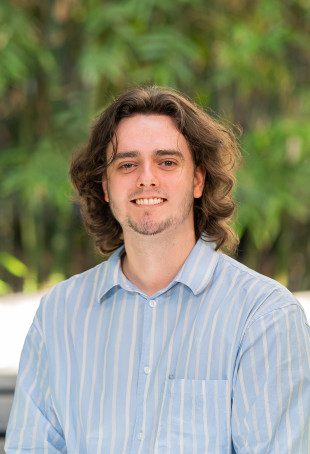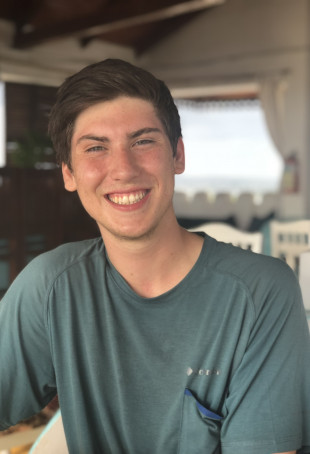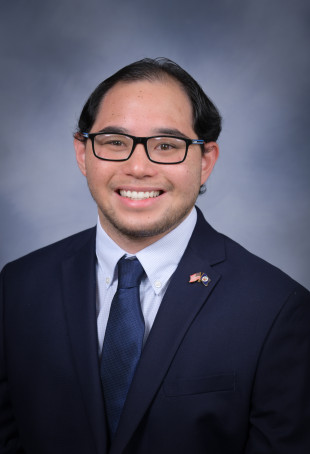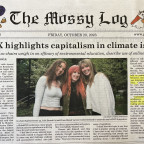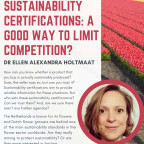- <a href="/live/image/gid/79/width/650/86494_Political_Economy.jpg" class="lw_preview_image lw_disable_preview" tabindex="-1"><picture class="lw_image lw_image86494"> <source type="image/jpeg" media="(max-width: 500px)" srcset="/live/image/gid/79/width/500/height/479/crop/1/86494_Political_Economy.rev.1607650511.jpg 1x, /live/image/scale/2x/gid/79/width/500/height/479/crop/1/86494_Political_Economy.rev.1607650511.jpg 2x"/> <source type="image/jpeg" media="(min-width: 501px)" srcset="/live/image/gid/79/width/720/height/690/crop/1/86494_Political_Economy.rev.1607650511.jpg 1x"/> <img src="/live/image/gid/79/width/720/height/690/crop/1/86494_Political_Economy.rev.1607650511.jpg" alt="Courses in the minor explore the political-economic dynamic from multiple disciplinary perspectives, historical angles, and conceptual ap..." width="720" height="690" data-max-w="1104" data-max-h="1058" loading="lazy"/> </picture> </a><div class="hero-split_image_caption collapsable-caption"> Courses in the minor explore the political-economic dynamic from multiple disciplinary perspectives, historical angles, and conceptual approaches.</div>
Political Economy
We provide a rigorous, multidisciplinary approach to the study of political economy. You will gain strong analytical skills and a thorough knowledge of contemporary events—key attributes that employers and graduate programs alike seek in successful applicants.
Why Choose a Minor in Political Economy?
Our innovative and interdisciplinary program consists of a diverse group of faculty and students who investigate the interaction between the political, economic, social, and cultural aspects of a society. We help you make sense of a complex world in which a multitude of economic and political interests conflict at the local, national, and international levels.
What You’ll Study
Showcase what students will learn and some standout or unique classes. If there is a graduate program that this program would naturally funnel into, then make sure to mention that the student could stay and get their graduate degree.
Our program explores the political-economic dynamic from multiple disciplinary perspectives and historical angles, using a range of conceptual approaches. Core courses for the minor are taught by economics, international affairs, and sociology and anthropology faculty, and introduce you to various theories of political economy as well as their application to significant national and international patterns and developments. The remaining courses are on the topics ofglobal dynamics, national structures and power, and cultural forces and social movements to best prepare you for your professional life outside Lewis & Clark.
We believe in the value of hands-on experiential learning. Many political economy students get involved in collaborative research with faculty, available through classes and summer programs. We provide extensive guidance to help students find and secure these opportunities. Many of our students also earn course credit while on an overseas program.
Outside the classroom, gatherings are organized throughout the year to discuss and debate contemporary social, political, and economic events. Each year, we also sponsor the Political Economy Program Best Paper Award, given to the best student paper on any topic related to the field. The author or authors receive a $50 gift certificate to a local independent bookstore.
Complement Your Education With One of These Majors
The most popular majors for our political economy minors are environmental studies, international affairs, and political science.
What Students Are Saying About Lewis & Clark
- Satya Austin-Opper BA ’22
There are a lot of opportunities to get involved and make the changes that you want to see on campus. If you have ideas on how to better the campus, there is a lot of support to help create those initiatives.
Environmental Studies | Political Economy | Asheville, North CarolinaMore about Satya - Nicole Godbout BA ’20
I enjoyed taking classes in different disciplines—I had no idea I was interested in political economy (or knew what it was!) before attending L&C, and it’s become an integral part of the way I see the world today.
Environmental Studies and International Affairs (double) | Political Economy | Seattle, WashingtonMore about Nicole - Mateo Kaiser BA ’23
Gaining a liberal arts education has allowed me to build a versatile and robust toolkit that I’m confident will help me navigate today’s rapidly evolving and interconnected world.
History and international affairs (double) | Political economy | Mountain View, CaliforniaMore about Mateo
What Can You Do With a Minor in Political Economy?
Our alumni use their minor in political economy in a wide variety of careers in academia, in industry, with nonprofits, and for local, state, and federal governments. Many alumni apply the skills they have acquired in problem solving, critical thinking, writing, and speaking in graduate and professional schools or through international Fulbright grants.
Dedicated Faculty
Our expert professors are your expert mentors. You will learn directly from faculty (no graduate assistants here!) that are nationally recognized in their fields of study and who love to work with and learn from their students. Your professors will inspire you to be a thoughtful and passionate participant in a diverse world. Your small classes will support you as you explore new ideas, find your voice, and speak your truth.
Political economy faculty rely on their students to be collaborative researchers, providing an opportunity that’s rarely available to undergraduates at other schools. Students are frequent coauthors on peer-reviewed faculty publications and professional presentations.
- Equity
We are the only liberal arts school in Oregon on Colleges of Distinction’s “Best Equity and Inclusion” list for 2023–24.
- 29+33
Lewis & Clark offers 29 majors and 33 minors.
- Top
Lewis & Clark earned a spot on Princeton Review’s 2024 “Best Colleges” list.
- 10%
of our undergraduate students are from outside the U.S.
- 125
of our undergraduate students are Third Culture Kids.
Invest in Yourself
A private liberal arts education is often more affordable than you think. Last year, Lewis & Clark distributed over $74 million in assistance from institutional, federal, state, and private sources. Additionally, we’re so confident that our first-year students will graduate in four years with their bachelor of arts degree that if you don’t, we’ll cover the extra semester of tuition.
Find Your People
Students can join a variety of student-run organizations that relate to their political economy minor. Don’t see what you’re looking for on the club list? Start something new and build your own community of peers!
Where Lewis & Clark Will Take You
- Tobias Varntoft BA ’21
My cocurricular experiences helped me gain skills in organizational planning, project oversight, and program execution, which have proven to be invaluable skills that I use daily at my job.
Environmental Studies | Political Economy | Terslev, DenmarkMore about Tobias - Cole Harris BA ’20
L&C taught me to love the process of learning.
International Affairs | Political EconomyMore about Cole - Mikah Bertelmann BA ’21
I completed my master of public policy degree in June, 2023, and joined the U.S. Foreign Service in July.
International Affairs | Political EconomyMore about Mikah
Past Events
Carbon Emissions Trading Simulation
Political Economy minors are invited to join Professor Elizabeth Bennett’s International Political Economy Classes and the Environmental Studies Symposium for a simulated experience of carbon emissions trading. Join us for 3 hours of CarbonSim, the Environmental Defense Fund’s artificial intelligence-enhanced, multi-lingual, multi-user, software application that teaches the principles of emissions trading and brings markets to life.
Sustainability Certifications: A Good Way to Limit Competition?
Guest Speaker: Dr Ellen Alexandra Holtmaat
How can you know whether a product that you buy is actually sustainably produced? Sure, the seller says so, but can you trust it? Sustainability certifications aim to provide reliable information for these situations. But who sets these sustainability certifications? Can we trust them? And, are we sure there aren’t any hidden agendas?
Lecture by Elizabeth Bennett
Corporate Social Responsibility and Consumer Activism: Solutions to socio-economic problems? Or distractions from sincere solutions?
Organic food! ESG (environmental-social-governance) investing! Fair trade! Certified B Corps! Social entrepreneurship! Triple bottom line! For three decades, our economy has been marked by companies “doing well while doing good” and consumers “shopping for change.” Do these initiatives fight poverty, wealth inequality, and labor exploitation? Or do they simply distract us from more effective solutions?
